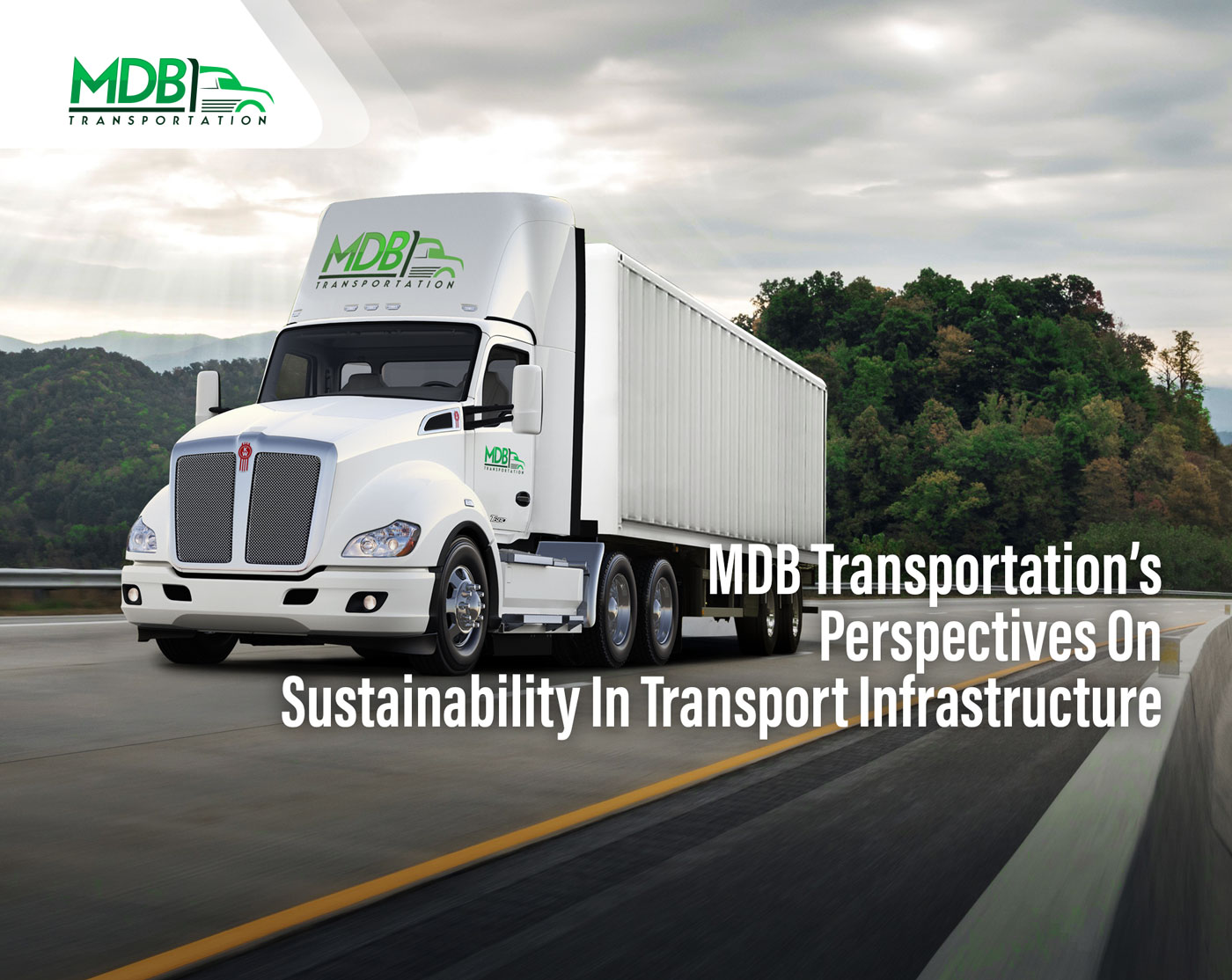
 February 18, 2022
February 18, 2022
Economic growth, global trade, and social development are all influenced by transport and mobility. However, these pose severe risks for sustainable development, which result in negative associations between transport infrastructure and sustainability. Concerning the problematic association between sustainability and transportation, the United Nations have periodically discussed transport policies intending to determine what needs to be implemented to nurture sustainable development in transportation infrastructure. By going over the chapters that relate to transport, i.e., Agenda 21’s Chapter 9 called “Protection of the atmosphere” that Earth Summit adopted in 2012, specialists came up with the decision that an integrated, comprehensive approach needs to be designed that considers environmental sustainability of transport systems as a priority. Multiple organizations concerned with sustainability highlighted the need to design an integrated, comprehensive approach prioritizing transport systems’ environmental sustainability. Some of the organizations are Commission on Sustainable Development, Rio+20, World Summit on Sustainable Development, etc.
Within the context, MDB Transportation – a transportation company with a sustainable business model – brings forward its perspectives on possible sustainability in transportation infrastructure. Let’s continue reading the article to see which sustainability-related issues MDB highlighted in transport infrastructure, how it comments on transport safety, and eventually to see what it recommends as being one of the top sustainable companies in the region.
It is widely accepted to fuel the means of transportation, i.e., trucks, by gasoline and diesel. Not every trucking company goes for sustainable fuel alternatives. Reasons vary from company to company. Transportation companies mostly choose oil-related fuel over available sustainable options because those provide high energy density, easy handling characteristics, and low pricing, which benefits the transportation industry in an economic sense, but that harms the transportation industry environmental-wise. Nevertheless, companies continue to choose oil-related fuels because all these economic benefits have created oil dependence. MDB thinks that the reliance on oil is an issue that continuously deviates the possibility of achieving sustainable transportation. That’s why, later in the article, the company brings up an insightful suggestion to solve the problem.
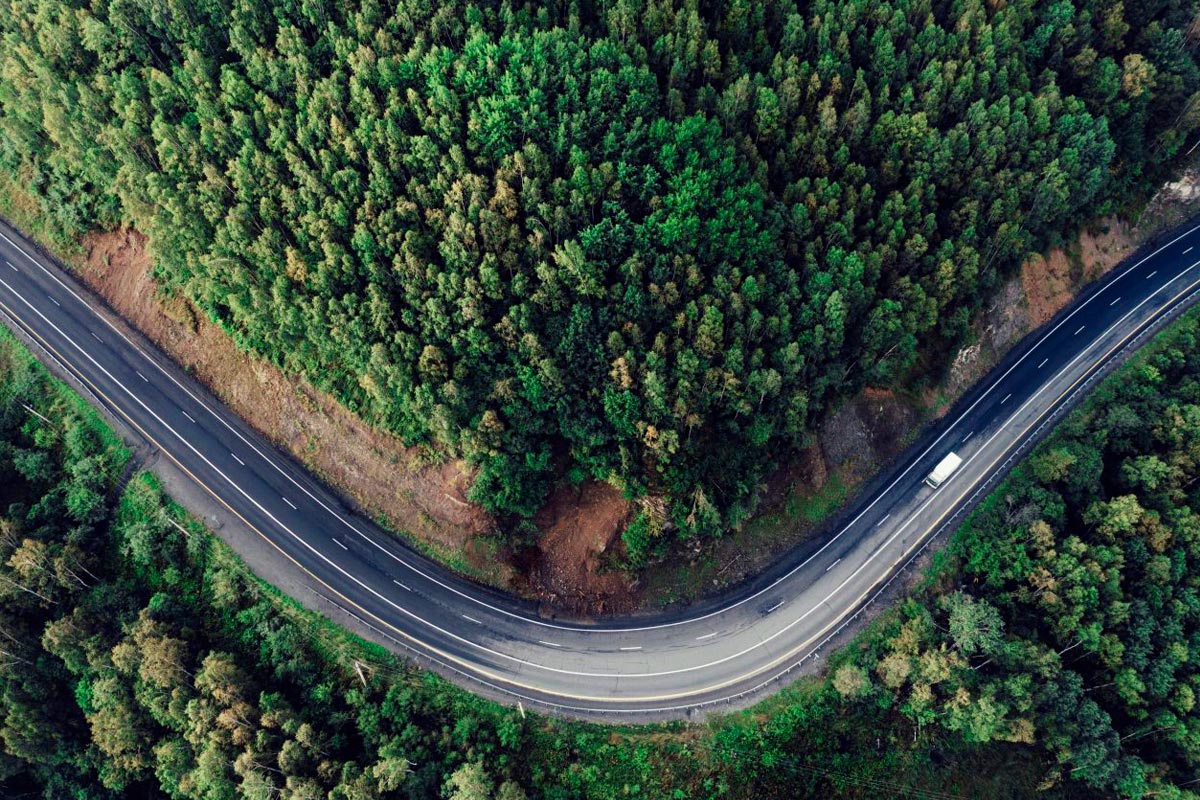
There is an incompatible ratio between road infrastructure inadequacy and vehicle ownership parameters. Even though investments in transport infrastructure continue growing, the quality of road infrastructure is not adequate enough for the sustainable development we all want. Coupled with that, vehicle ownership also rises, which contributes to the accumulation of traffic-related problems. To illustrate, in China – a well-developed country – roads grow from 4% to 6% in length annually, but vehicle ownership increases by 20% each year. This doesn’t look right from a sustainable point of view because such a quantity of vehicles on inadequate roads increases traffic congestion, accident rates, unsustainable fuel use, noise, and air pollution. MDB Transportation couldn’t ignore this issue either; that’s why it has also prepared another insightful suggestion later in the article for this issue.
Many transportation companies struggle with sustainably developing transport infrastructure because of their location. Multiple countries reside in landlocked and mountainous regions. Such geographical conditions pose a real challenge for sustainable development of transportation infrastructure because:
These and many other reasons strengthen the incapability of changing the unsustainable growth of the transportation industry. However, MDB has done its research and has yet another insightful solution for global transportation issues.
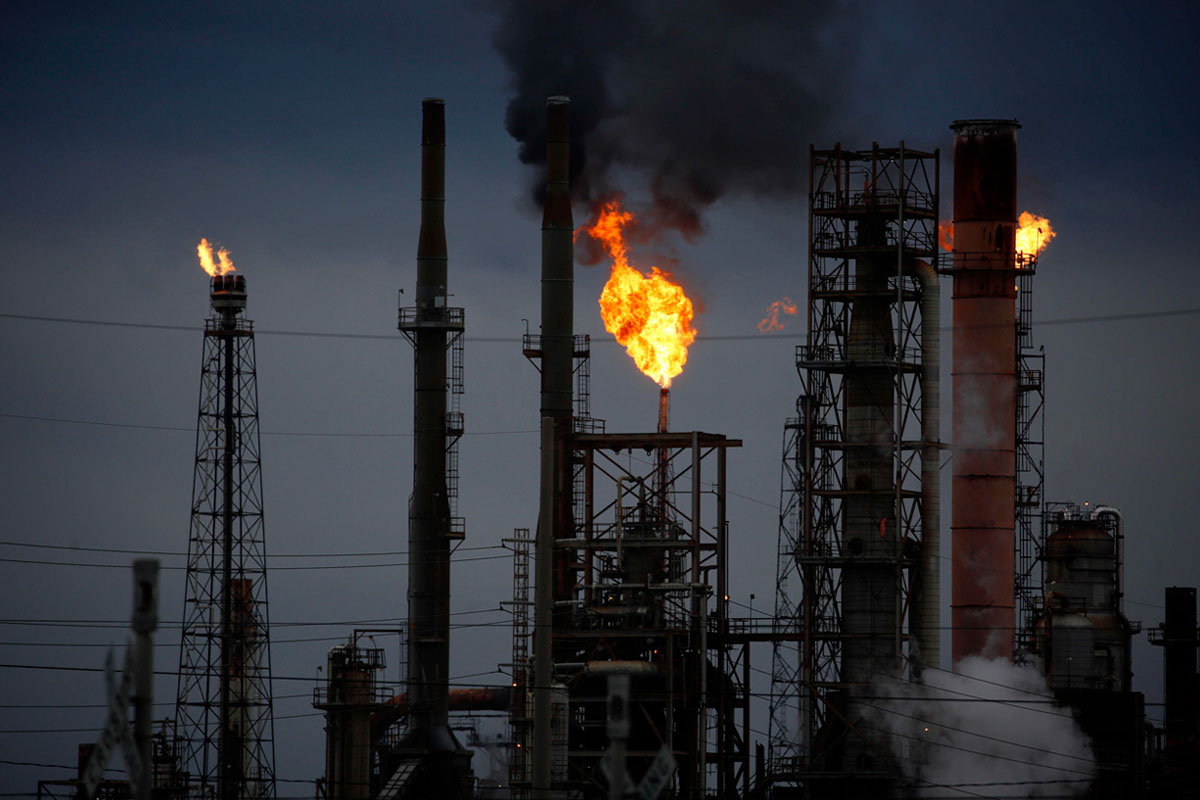
Did you know that the transport sector contributes to the quarter of greenhouse gas emission accumulation? Moreover, with its fuel consumption statistics and rapid growth in oil dependence, the transportation industry is the fastest-growing among the sectors contributing to greenhouse gas emissions growth. For you to imagine how significant the impact of the transport sector on the growth of greenhouse gas emissions is, recent statistics provided by the United Nations Framework Convention on Climate Change (UNFCCC) show that greenhouse gas emissions ranged from 603kg to 161716 kg – only coming from transport. Besides being a source for greenhouse gas emission accumulation, the transportation industry also contributes to the growth of black carbon particulate emissions. This significantly impacts climate change and brings up the threat of having an unsustainable future. So, such an impact from the transportation industry on climate change ruins the possible sustainable development we all want to have soon, right? That’s why MDB Transportation explored the field and provided tips and tricks for transportation companies to bypass influencing climate change while providing the best transportation services to people.
So far, we have discussed all the possible issues that challenge the development of sustainability in transportation infrastructure. Now, let’s move forward and examine possible solutions.
Logically, no change can be implemented in the trucking industry without transport safety. No wonder that transport safety is not in its best condition. Statistics show that approximately 1.2 million people die in road accidents every year, while another 50 million people are injured in road accidents. According to the World Health Organization, everything connected with transport safety depends on transport planning. It includes the development of appropriate seasonal safety measures, such as speed limits, crossing-free intersections, mandatory belt requirements, etc.
However, what primarily needs to be implemented, before anything, is initiating special eco-training programs and public awareness campaigns from transportation companies. The best transportation companies to work for need to take the issue of transport safety seriously to open the door to other solutions. Every transportation company aimed to develop a sustainable business model needs to acquire a safe fleet to ensure that every truck driver is safe, especially during long trips. Let’s not forget that every driver’s truck is his/her home for some period of time while that person is on the road. It is essential to be safe while being at home, right?
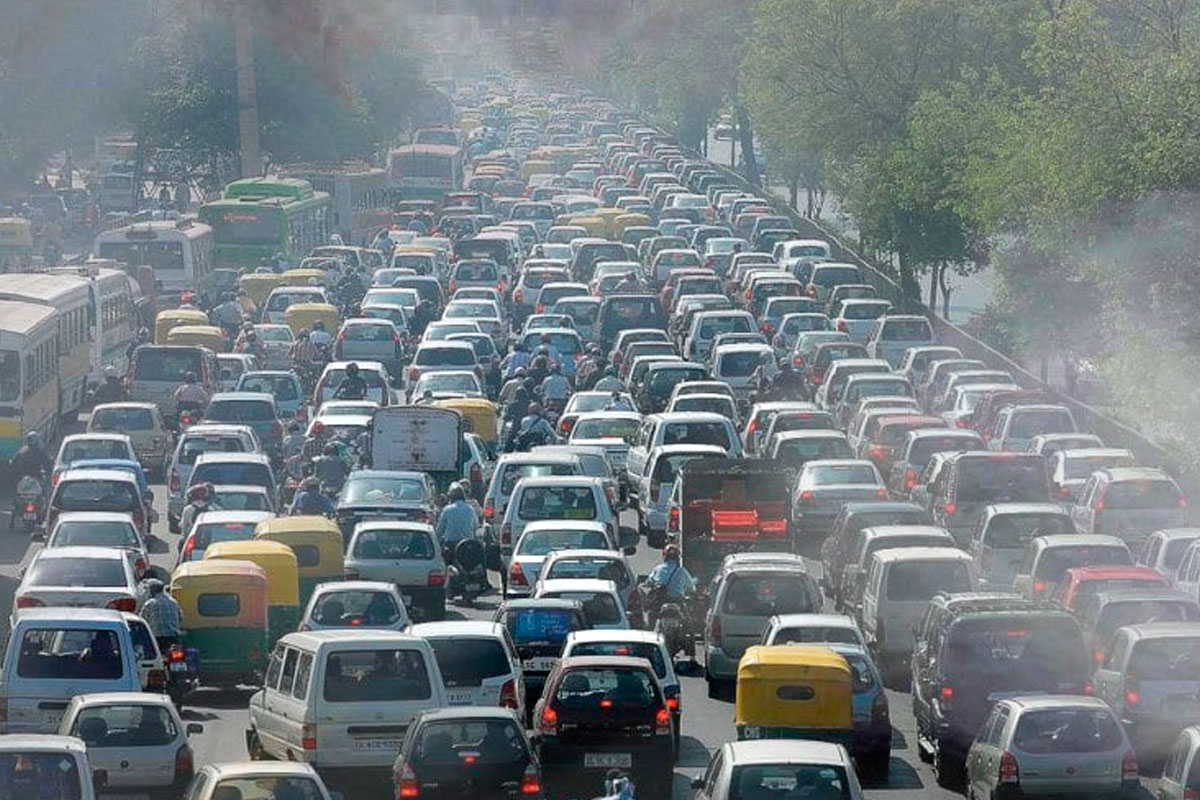
Afterward, every transportation company needs to educate its employees on transport safety. It is vital to have an educated workforce that knows how to drive safely and behave in abnormal situations while driving. Not to mention, when a company considers transport safety a priority for employees, it gets the status of the best company to work for.
Many developed countries operate according to fuel economy standards. Such countries slowly overcome the issue of having vehicles that run on gasoline or diesel, contributing to the growth of oil dependence. Meanwhile, they promote the consumption of available alternative fuels alongside natural gas vehicles. By looking at UNEP’s Partnership for Clean Fuels and Vehicles, MDB Transportation actively follows fuel quality standards. The best transportation company works towards integrating compressed natural gas (CNG) into its working routine to lower greenhouse gas emission accumulation rate. The advantage of consuming CNG is having a comparatively low cost for fuel than with other sustainable fuels, while still reducing operating costs. Considering that CNG consumption lowers greenhouse gas emissions, the risk of climate change also gets minimized – an indicator that sustainable development in transport infrastructure is possible.
To solve the issue of having an incompatible ratio between road infrastructure inadequacy and vehicle ownership, enhanced investments should be made in the planning and implementation of transport systems. The good news is that the World Bank has already had an experience of investing large sums of money into improving the road infrastructure, i.e., $9.4 billion. So, enhancing investment is not a fantasy of ours; it is manageable. MDB believes that each transportation business should rethink the operational routes it takes daily and develop novel cross-border transport corridors alongside multi-modal integration to expand the possibility of upgrading road infrastructure. This needs to be done to satisfy those who have environmental and social concerns with road infrastructure renovation concerning transport safety. Not to mention, such novel approaches to road infrastructure may solve the issue of geographical limitations for companies that operate in mountainous or landlocked locations.
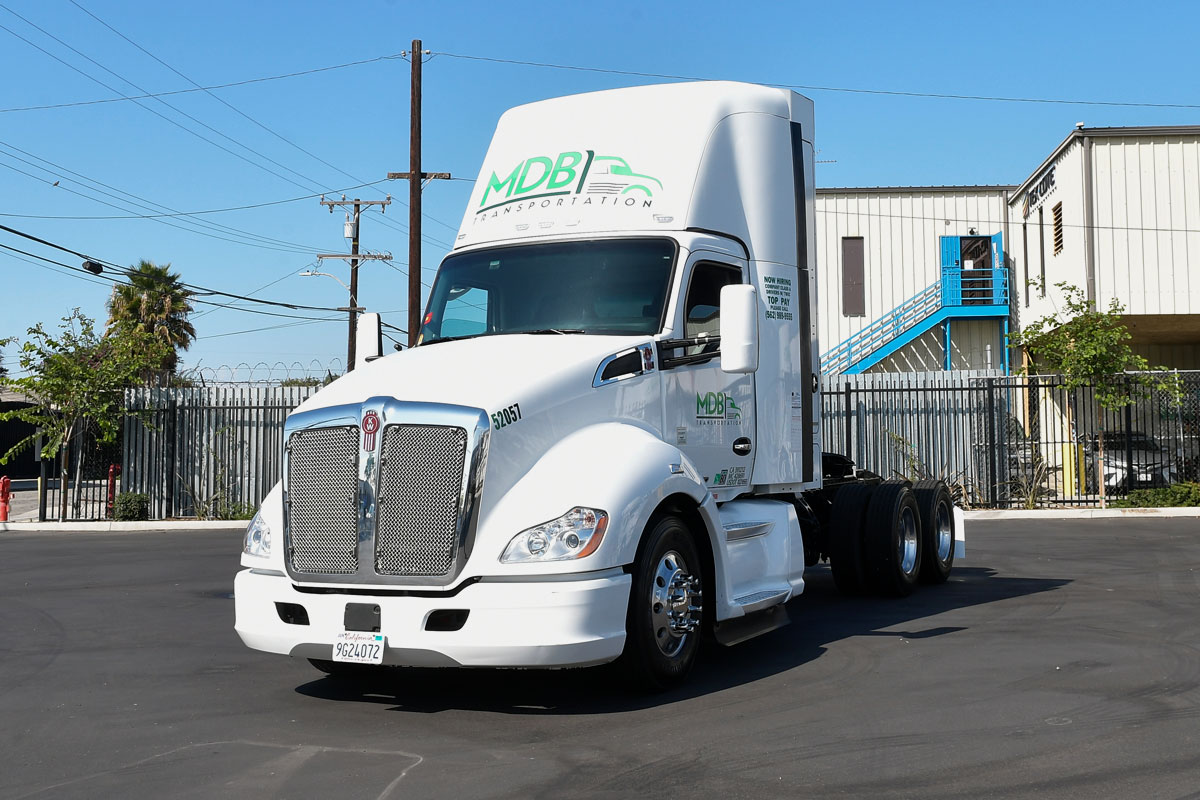
Even though new approaches to road infrastructure issues can solve the problem of geographical limitations for some companies, there is a need to promote overseas partnerships to solve that problem for good. MDB found out that public-private partnerships on an international level will contribute to the emergence of transport systems that will support transportation companies operating in mountainous and landlocked locations. Plus, such alliances may facilitate invitations to international institutions for them to visit specific companies and sign agreements. Those agreements should help transportation companies with geographical challenges go beyond national circumstances and contribute to sustainable development in transportation infrastructure.
Sustainability in transportation infrastructure is far not the most developed aspect yet. However, as the article shows, by implementing several changes in the daily operational choices of transportation companies, sustainable development of the transportation industry will become a reality. At the end of the day, if MDB Transportation has managed to develop a green business model, then your company can do that too. For you to understand, MDB now has the capability of having operations as sustainable as planting 12,082 trees, eliminating 169 metric tons of greenhouse gas emissions, and removing 100 cars off the road.
Rethink the way your company operates and contribute to transforming an entire industry.